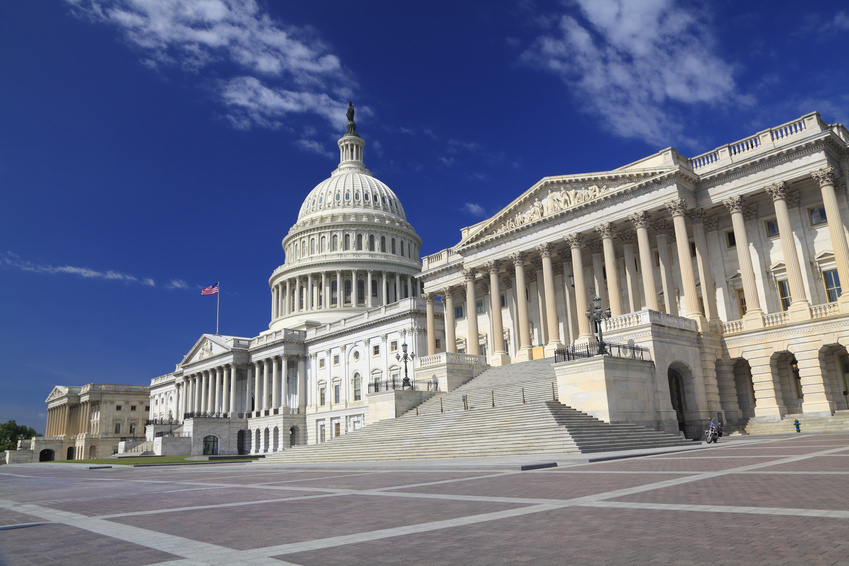On July 30, 2020, the US Department of State (“State Department”) expanded secondary sanctions targeting Iran’s nuclear, military, and ballistic missile programs under the Section 1245 of the Iranian Freedom and Counter-Proliferation Act of 2012 (“IFCA”) by including 22 specific metals used in connections with such programs in Iran. Sanctions may be imposed on persons who knowingly transfer these 22 materials, in addition to the 4 materials already determined by the State Department in October 2019 to be used in connection with the nuclear, military, or ballistic missile programs of Iran.
The 22 specific metals now targeted by the State Department are as follows:
- ALUMINIUM 319
- ALUMINIUM 1100
- ALUMINIUM 225
- ALUMINIUM 6061
- ALUMINIUM 6063
- ALUMINIUM 6082
- ALUMINIUM 7075
- ALUMINIUM BROZE ALLOY UNS C63600 (CDA alloy 636)
- ALUMINIUM OXIDE (Al2O3)
- STEEL 302
- STEEL 4130
- STAINLESS STEEL 321
- STAINLESS STEEL 316
- A877 STEEL
- A228 STEEL
- 100Cr6-52100 STEEL
- 350 MARAGING STEEL (also known as MARAGING STEEL350)
- 300 MARAGING STEEL (also known as MARAGING STEEL300)
- UNS Cl7200-TDO1 [BERYLLIUM COPPER]
- UNS C37000 – CuZn38Pb1
- TUNGSTEN COPPER
- ALUMINIUM POWDER with purity above 98 percent
Also under Section 1245 of the IFCA, the State Department announced that it is continuing the determination that the Islamic Revolutionary Guard Corps controls Iran’s construction sector, which means any knowing transfer of certain materials, including graphite or raw or semi-finished metals, to or from Iran to be used in connection with the construction sector of Iran remains sanctionable.
These expanded sanctions continue a trend of the US targeting Iran’s metal industry. The State Department imposed sanctions on entities within Iran’s metal industry in June 2020, and on Iran’s construction section and metals industry in October 2019 (see our blog the October 2019 sanctions here).
The authors acknowledge the assistance of Ryan Orange.



